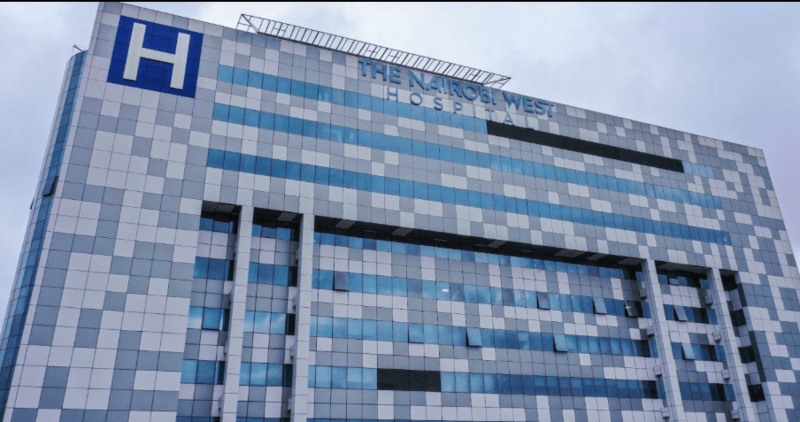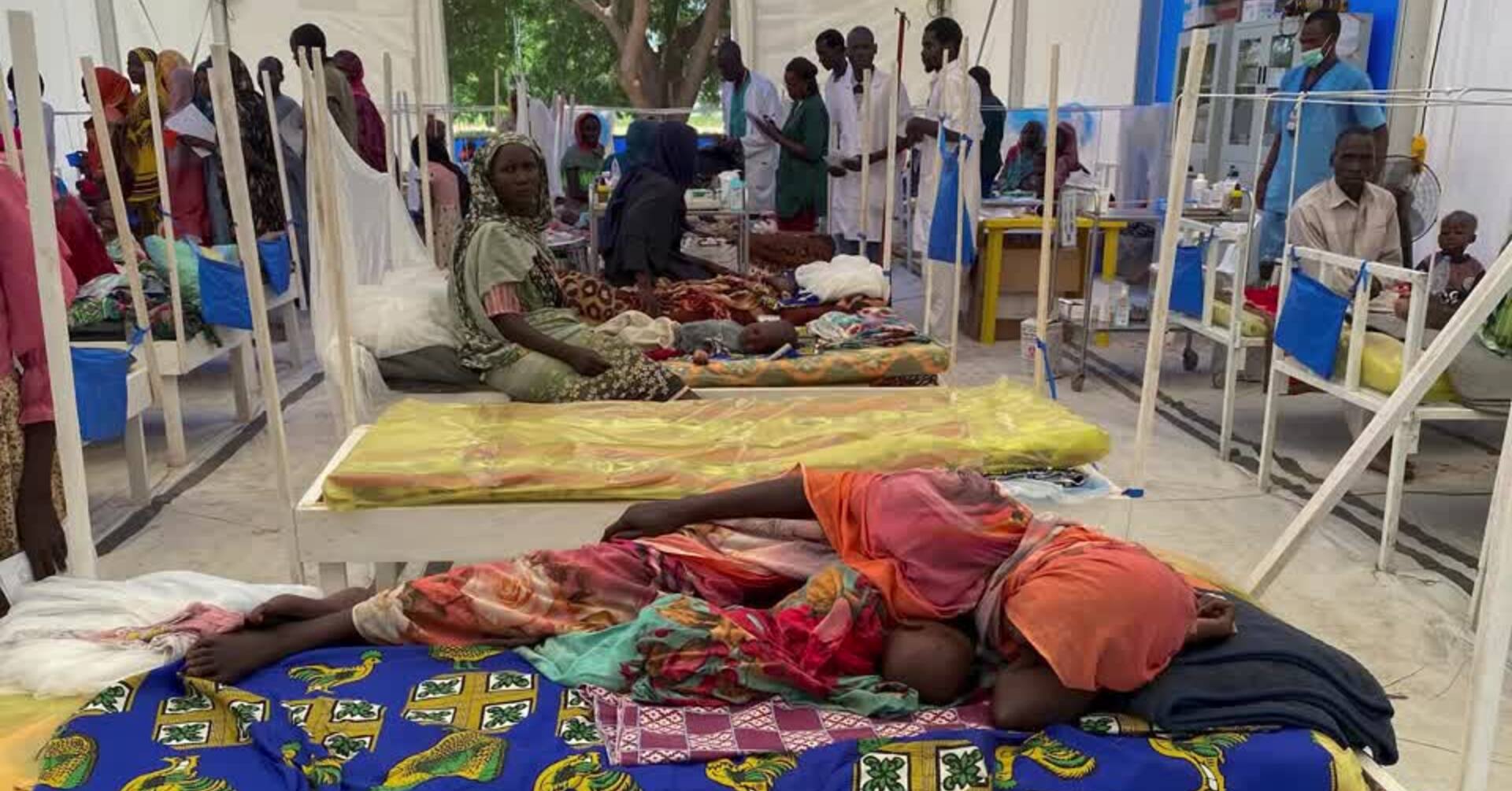Gen Z-led protests triggered sharp decline in private business activities in July

The youth-led protests in Kenya that began in June caused substantial disruption to the private sector in July, leading to a marked deterioration in business conditions.
The monthly Stanbic Bank's Purchasing Managers' Index shows the headline PMI dropped sharply during the month to 43.1 from 47.2 in June, signalling a continued deterioration in business conditions in the country's private sector.
More To Read
- Murkomen warns vandalism, arson and looting now considered terrorism in Kenya
- Kenya joins list of nations with worsening human rights record
- LSK President Faith Odhiambo tears into Murkomen for misusing terror charges to silence dissent
- Nairobi, Kiambu hardest hit as police response to June, July protests criticised
- Terrorism or protest? What Kenyan law says about anti-government demos and charges
- Law Society of Kenya cautions public against fraudulent fundraising drives for arrested protesters
According to the index, the deterioration was mainly due to the rapid reductions in both output and new orders.
A lack of money in circulation and cost of living pressures also contributed to declines in demand and business activity. In both cases, rates of contraction were the most pronounced since April 2021.
In June, the index had fallen below the 50.0 neutral mark, which was the sharpest record fall in the past seven months.
Conventionally, the PMI examines private sector activities in the country in a bid to offer policymakers and investors insights into economic trends for decision-making and planning purposes.
Readings above 50.0 signal an improvement in business conditions from the previous month, while readings below 50.0 show a deterioration.
The Index further reveals that the political instability amidst the protests led to a reluctance among customers to commit to new orders, while the protests themselves, in some cases, blocked access to businesses and prevented them from opening.
As a result, there were steep reductions in both output and new orders, while there was evidence of delays in completing outstanding business and receiving purchased items from suppliers.
Operating conditions worsened for the second consecutive month, to the greatest extent since April 2021.
Input costs increased for the second month running, leading to a further rise in selling prices.
Commenting on the index, Christopher Legilisho, an economist at Standard Bank, termed the July PMI a fair representation of business activity during the month.
 Police officers clear the road along Koinange Street after protesters lit fires in the anti-government demos on Tuesday, July 16, 2024. (Photo: Barack Oduor/EV)
Police officers clear the road along Koinange Street after protesters lit fires in the anti-government demos on Tuesday, July 16, 2024. (Photo: Barack Oduor/EV)Police officers clear debris erected by protesters along Koinange Street in Nairobi. (Photo: Barack Oduor/EV)
"Private sector business activity deteriorated, reflecting ongoing demonstrations and unrest in parts of Kenya for a few weeks, discouraging output and new orders. Business operations were disrupted, and customers delayed spending decisions due to the uncertainty," Legilisho said.
"With lower sales and orders across most sectors surveyed, purchasing quantities and inventories slipped for a second consecutive month."
Meanwhile, business activity decreased across four of the five broad sectors covered, with the sharpest decline in agriculture. Manufacturing was the only category to increase output.
According to the report, the disruption caused by the protests impacted suppliers' ability to deliver items to companies as well as the completion of projects by Kenyan firms themselves.
As a result, suppliers' delivery times lengthened for the first time in ten months, and backlogs of work accumulated to the greatest extent since March 2023.
For the second month in a row, purchase prices increased, reflecting high living costs and taxation. Staff costs, on the other hand, increased marginally, while output prices were also up modestly for the third consecutive month.
While some firms increased charges in response to higher input costs, the report says others lowered selling prices in a bid to boost sales.
"Companies scaled back purchasing activity and stocks of inputs in July, but continued to increase employment."
That said, the pace of job creation was only fractional and the slowest in the current seven-month sequence of rising staffing levels. Meanwhile, business confidence dropped to its second-lowest level on record.
Companies that remained optimistic about the outlook for business activity generally linked the prospect to plans to open new branches.
Top Stories Today












































